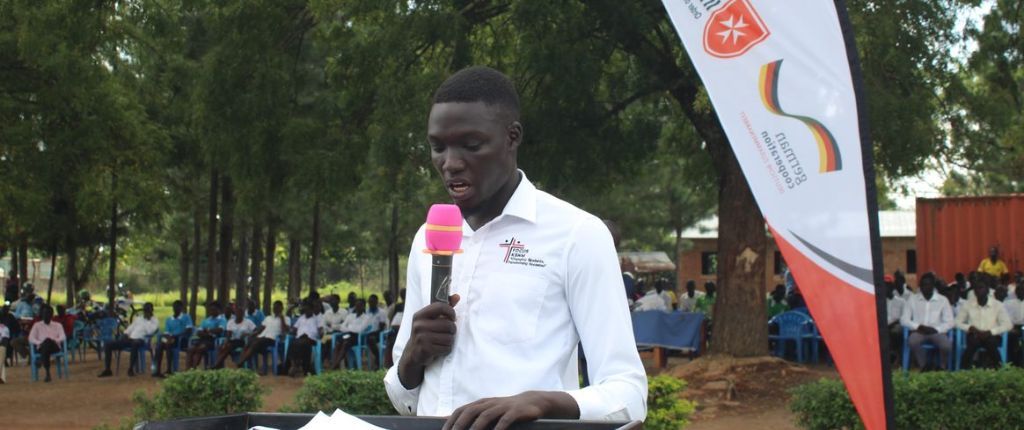
Vocational skills training for youth
Due to the situation in South Sudan, which has been characterized by unrest and violence since July 2016, more and more people are fleeing to Uganda. Currently, over 800,000 refugees from neighboring countries live in settlements in northern Uganda. The majority of these refugees struggle to earn a living as they have no access to the labor market. The local population is also facing rising poverty rates and youth unemployment. This project will strengthen existing training institutes and initiate labor market-oriented training programs specifically for vulnerable local and refugee youth. These youths will be trained through both formal and informal vocational training courses in 12 technical and service-oriented fields. The concept of creative capacity building is applied.
In the first phase, from 2019 to 2022, 1,268 young people could already benefit from these in-service training measures to strengthen sustainable income and personal development.
With over 1.5 million refugees - mostly from South Sudan and DR Congo - Uganda is the largest host country in Africa. This poses further challenges for host communities. It is mostly small towns and rural areas that suffer from inadequate infrastructure and environmental degradation due to climate and soil conditions.
Increased competition for raw materials, especially water and firewood, leads to potential conflicts between refugees and the local population. Inflation, climate change, and rapid population growth make it difficult to live together in the refugee settlements, to find work, and to strengthen social structures.
With an average age of 15.8 years, Uganda's population is among the youngest in the world. However, the education and employment rates of young people point to existing and potential future problems. Growing unemployment among the young population could exacerbate existing poverty trends and even lead to political unrest in the mid-term. Refugees too are largely affected by poverty and unemployment. According to studies, only about 28% of refugees graduated from high school, and 52% are unemployed or without income.
The aim of the project is to improve the livelihoods of vulnerable youth through employment opportunities. The youth are to be provided with employment that will help them and their families earn sufficient income. It also aims to promote community involvement and a sense of belonging between refugees and host communities.
- Construction of a youth and innovation center
- Creativity workshops
- Organization of fairs and meetings to present innovative business models
- Provision of internships
- Provision of teaching and training materials
- Further training of trainers
Project data
Financing: German Federal Ministry for Economic Cooperation and Development (BMZ)
Partner: Kulika
Country info
Capital: Kampala
Area: 241.040 km²
Population: approx. 48,6 million








